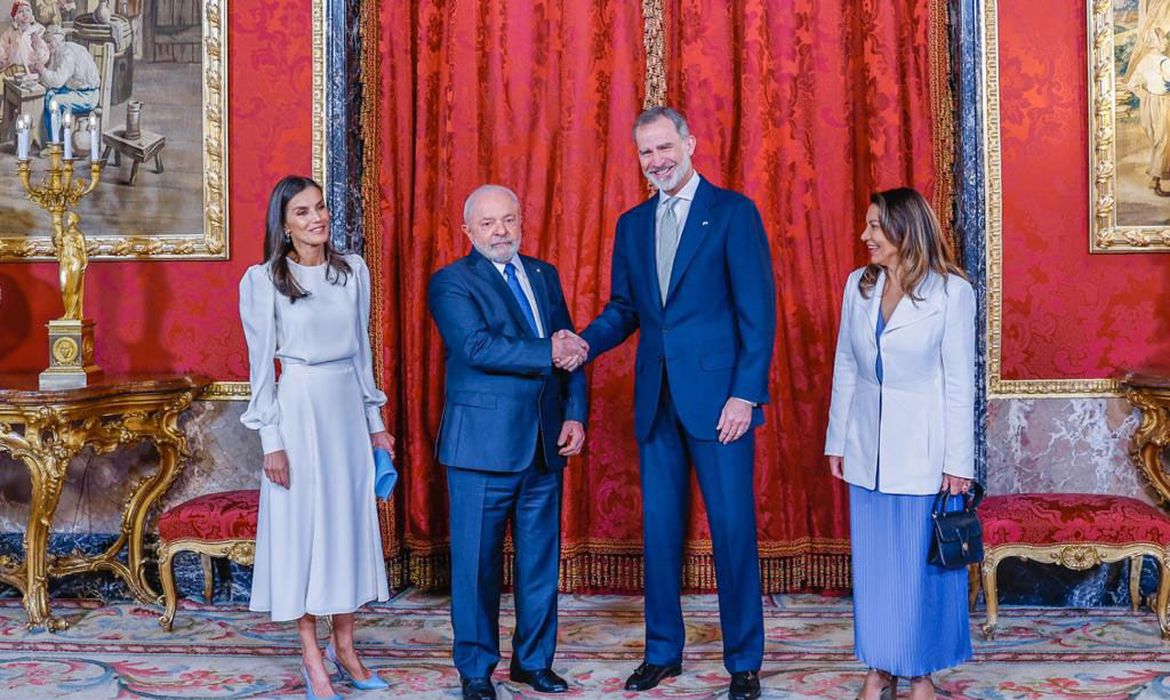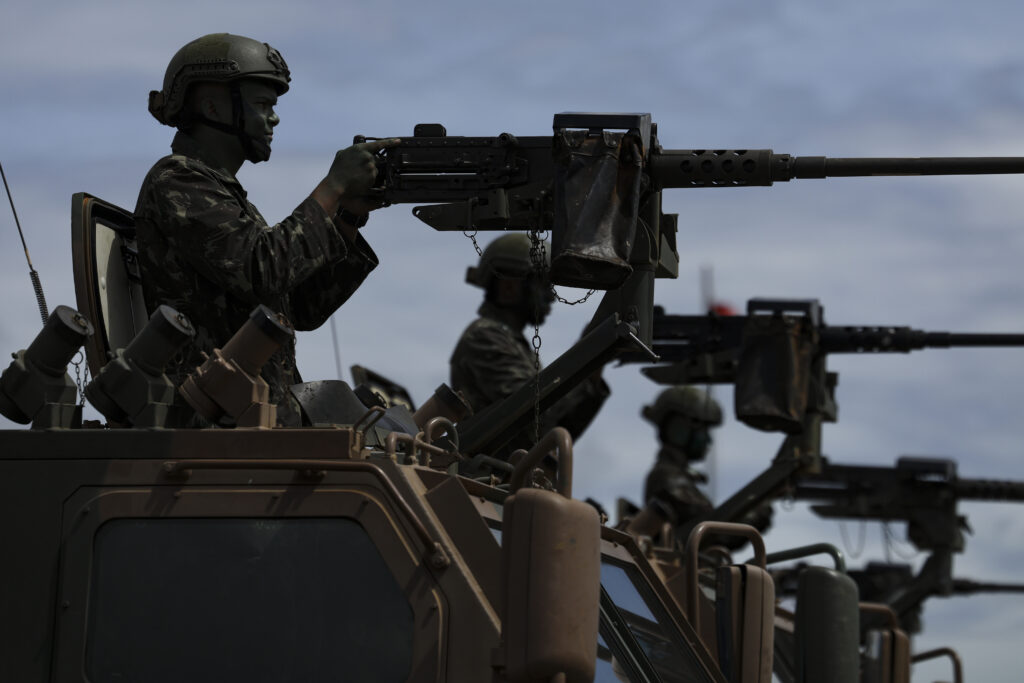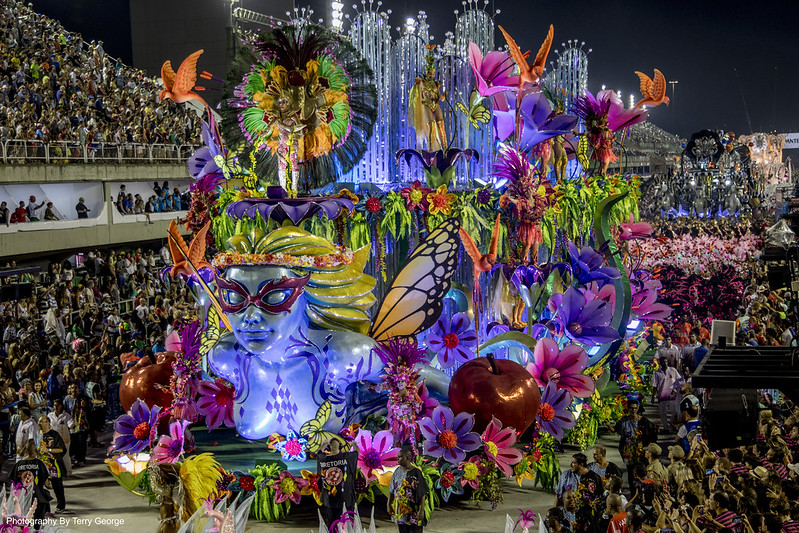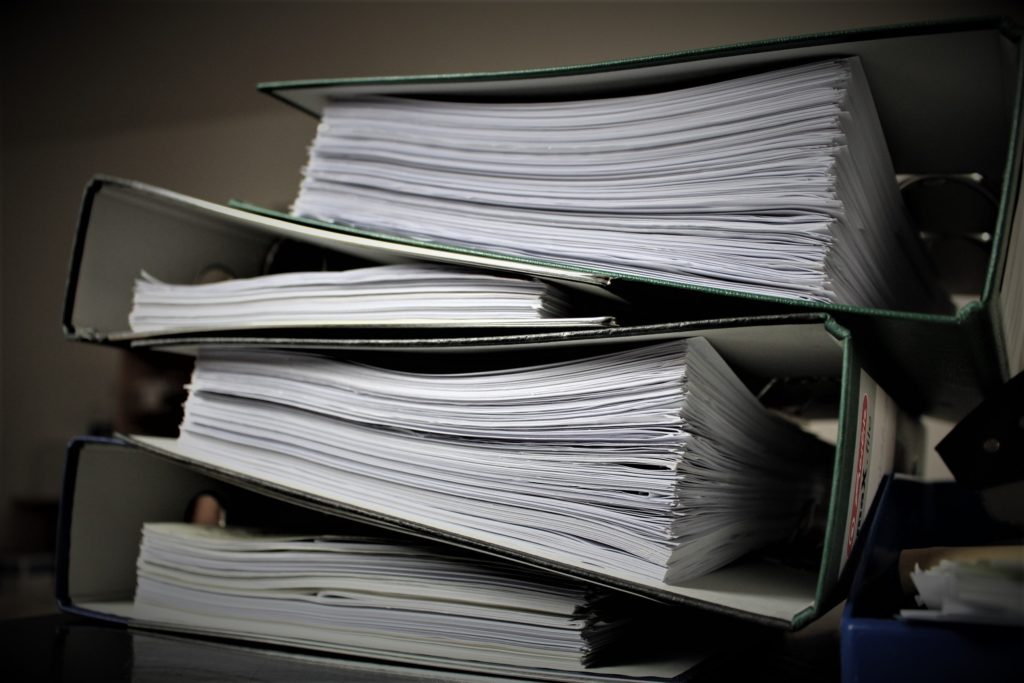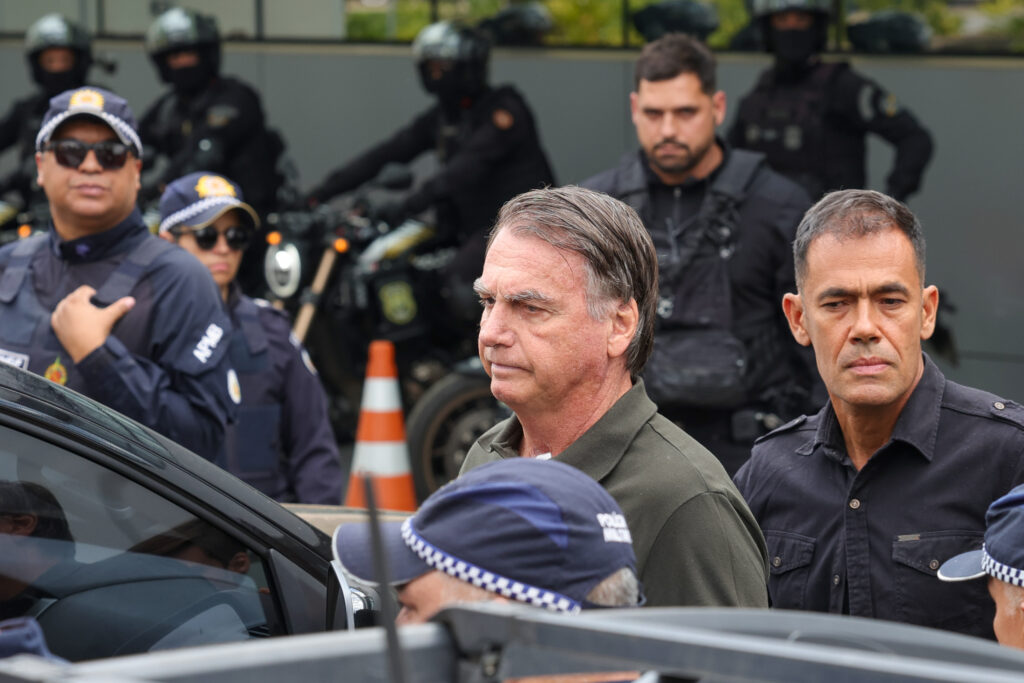São Paulo, Brazil – On a two-day visit to Spain, President Luiz Inácio Lula da Silva signed three agreements for cooperation between the two nations in education, employment, and scientific research. Additionally, he emphasized the significance of formalizing the trade agreement between the economic blocs of Mercosur and the European Union.
Approved in 2019 after 20 years of negotiations, the agreement between Mercosur and the European Union needs ratification from parliaments of all its constituent nations to be formalized. It is a procedure that involves 31 countries.
Starting in July, Brazil and Spain will assume command of their blocs for a period of six months. The Brazilian president wants to formalize the agreement between the economic blocs in 2023.
“Brazil and Mercosur partners are engaged in dialogue to conclude negotiations with the European Union and we hope to have good news later this year. It is a very important agreement for everyone and we want it to be balanced and contribute to the reindustrialization of Brazil,” said the president.
In Madrid, Lula participated in a meeting with businessmen and investors and also met with King Felipe VI and Prime Minister Pedro Sánchez.
At a lunch with King Felipe VI, the president said that it is essential to place the eradication of hunger and poverty on the international agenda. Lula stated that Brazil and Spain are also committed to sustainable development and energy and ecological transitions.
“We share the urgency to act to protect the environment and combat climate change. It is also time to place the eradication of hunger and poverty as a priority on the international agenda. There will be no sustainability without social justice, nor will there be sustainability in a world at war,” he said.
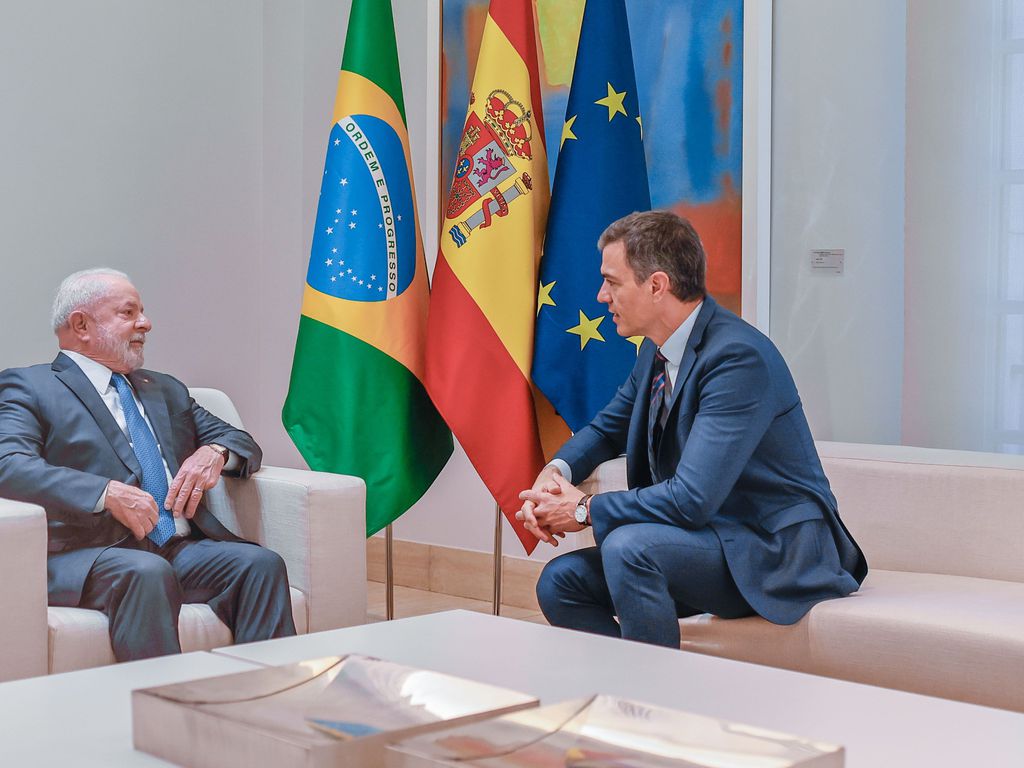
‘G20 of Peace’’
When criticizing the Russian invasion of Ukraine, Lula suggested the creation of a ‘G20 of Peace’, which would be a group of countries willing to avoid wars and promote world peace. That’s because, in Lula’s view, the permanent members of the UN Security Council are currently the biggest arms producers and sellers in the world.
“I wonder if it’s not up to us, countries that are not permanent members of the UN Security Council, to make a change. Why are Brazil, Spain, Japan, Germany, India, Nigeria, Egypt, South Africa not permanent members? Those who currently decide everything are the winners of the 2nd World War, but the world has changed.”
Lula criticized the actions of the UN and defended the creation of a new international mechanism to deal with war issues. “I think it’s time for us to start changing things and it’s time for us to create the ‘G20 of Peace’, which should be the role of the UN,” he added.
The end of the war
Lula once again proposed that countries unite in search of a solution to the conflict between Russia and Ukraine. He said he intended to discuss the matter with French President Emmanuel Macron in the next few days. The president did not say whether he would go to France or speak with Macron on the phone.
“Brazil is committed to trying to find partners so that we can bring peace, so that Ukraine can keep its territory, so that the Russians can keep Russia, so that the world does not suffer from lack of food, so that the the world does not suffer from lack of fertilizers and for the world to prosper again to generate the jobs that humanity needs,” said Lula.
According to the president, he has already discussed the subject personally with the chancellor of Germany, Olaf Scholz, and with the presidents of the United States, Joe Biden, and of China, Xi Jinping, in addition to having already spoken by telephone with Macron himself. The idea, said Lula, is to “build a movement that will bring peace back to Europe”.
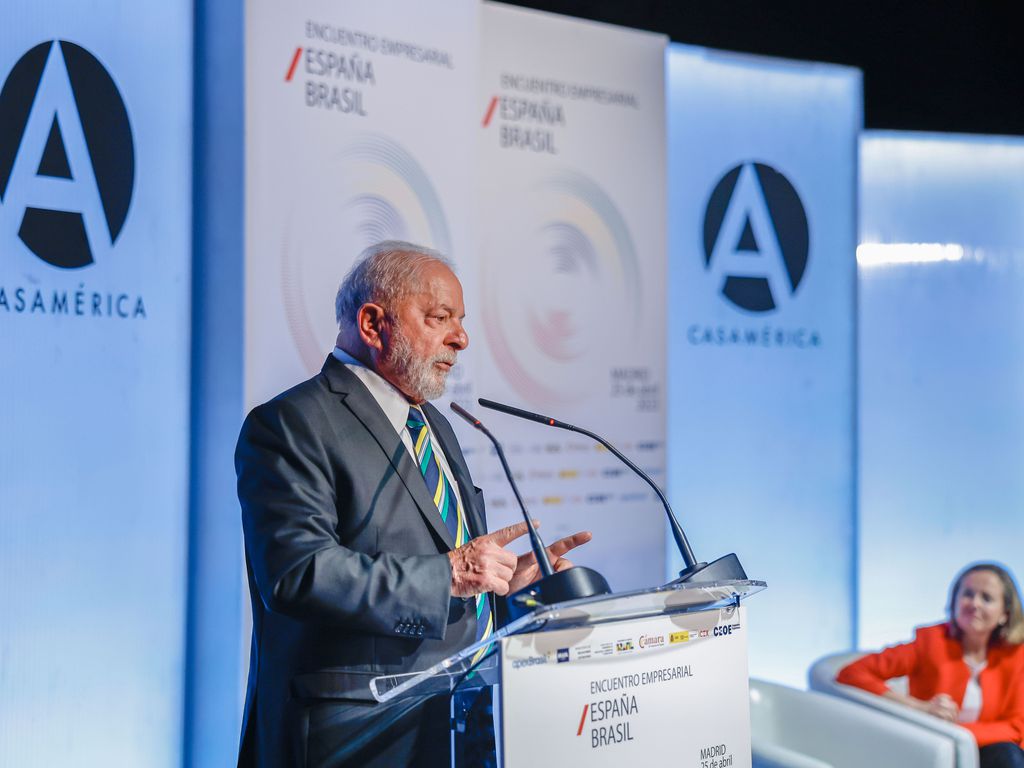
Commercial relations
Spain is the second largest foreign investor in Brazil, with a value of US$ 63 billion, only behind the United States. More than a thousand Spanish companies are present in the Brazilian market, especially in the financial and communications sectors.
In 2022, Brazilian exports to the Spanish market doubled, reaching 9 billion euros, with emphasis on crude oil, soybeans and corn. Imports from Spain grew 38% last year, led by oil derivatives, auto parts and fertilizers.


